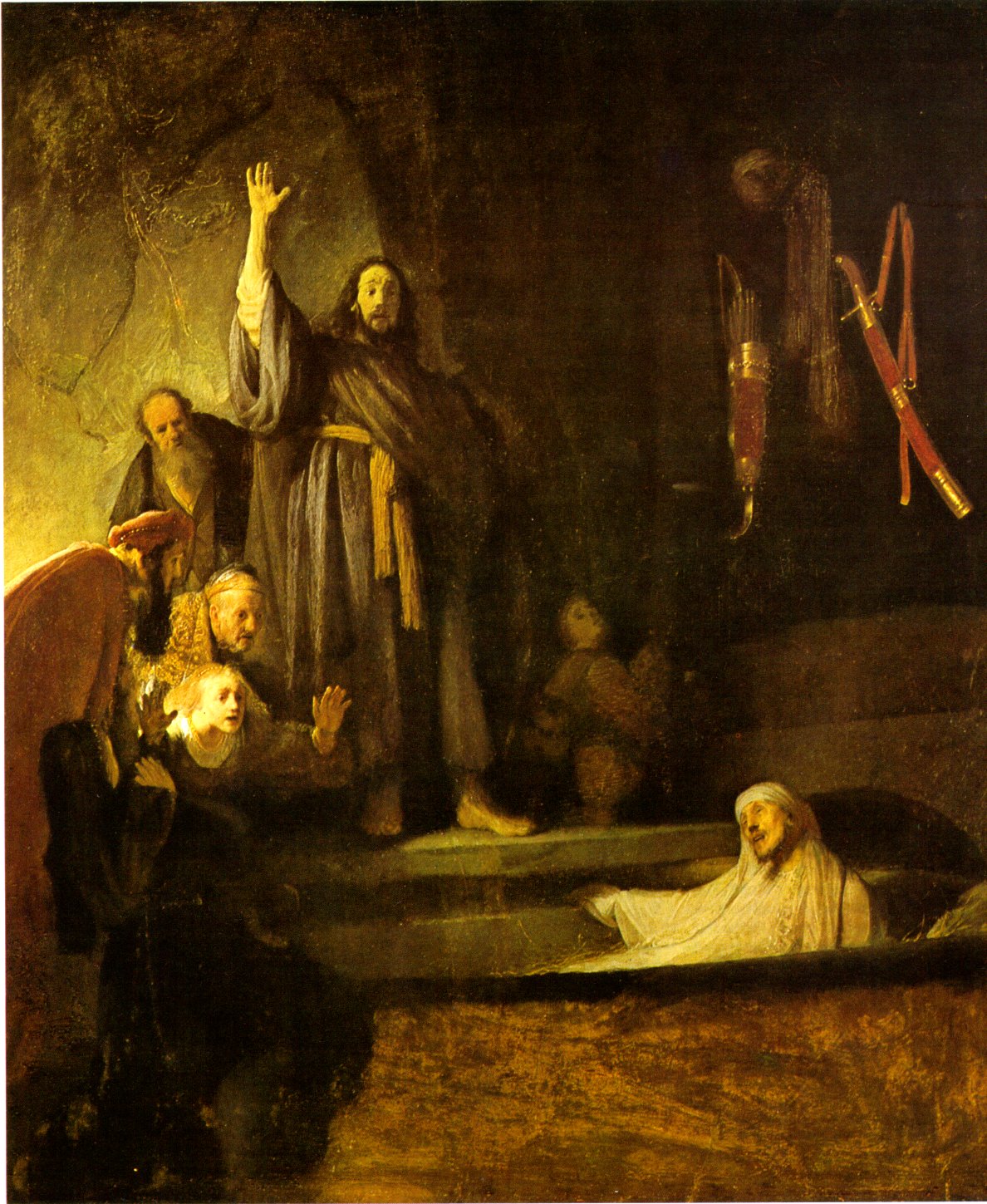
1 Timothy 1:18-20 "This command I entrust to you, Timothy, my son, in accordance with the prophecies previously made concerning you, that by them you fight the good fight."
Introduction:
In today's post we want to understand what it means to "fight the good fight". As Paul wrote this first letter to young Pastor Timothy, he was instructing him on how one ought to conduct themselves in the living God's church (1 Timothy 3:15). In this first chapter of the letter we see Paul reminding Timothy and us of the important place church membership has in the growth of the Christian. (1 Timothy 1:1-11). As Paul lays out the anchoring points for his letter, he then pauses to thank the Lord for all that He did in calling Him in salvation and as an apostle, concluding his statements with a doxology of worship. (1 Timothy 1:12-17) Today's post considers Paul's tone as switching from that of thanksgiving to that of a general to a junior officer: fight the good fight. So what is meant by this phrase: "fight the good fight"?
Fight for your victory of faith. 1 Tim 1:18
Commentator Adam Clarke notes regarding this phrase "fight the good fight" or as the KJV translates "war a good warfare": "The trials and afflictions of the followers of God are often represented as warfare and campaign." Isaiah 49:2 is cited by Clarke as evidence, being that it initially refers to God's original calling of Israel His people: "He has made My mouth like a sharp sword,In the shadow of His hand He has concealed Me; And He has also made Me a select arrow, He has hidden Me in His quiver." Interestingly enough Isaiah words later in that same chapter would set the stage for a Messianic prophecy concerning the Lord Jesus Christ, in whom all Christians abide by grace alone through faith alone.
The Apostle Paul in particular was very fond of this military imagery in describing the Christian life. 1 Corinthians 9:7 utilizes this imagery and then 2 Corinthians 10:3-4 describes the Christian's fight of faith most pointedly: "For though we walk in the flesh, we do not war according to the flesh, 4 for the weapons of our warfare are not of the flesh, but divinely powerful for the destruction of fortresses. 5 We are destroying speculations and every lofty thing raised up against the knowledge of God, and we are taking every thought captive to the obedience of Christ."
Other passages such as Ephesians 6:10-12 commands us to wage the fight of faith by being "strong in the Lord and in the power of His might". Then of course who can forget the final words of the Apostle Paul in 2 Timothy 4:7 "I have fought the good fight, I have finished the course, I have kept the faith."
All of these references have two things in common that are the cornerstones to today's post: fighting as a theme of the Christian life and secondly, victory in the Christian life. Christians living, working and making their pilgrimage through this world compose the church militant - the fighting church which ever advances Christ's Kingdom through missions, living Godly lives and saying no to sin. Romans 8:37-39 captures most clearly the tone of victory that is at the center of this idea of "fighting the good fight": But in all these things we overwhelmingly conquer through Him who loved us. 38 For I am convinced that neither death, nor life, nor angels, nor principalities, nor things present, nor things to come, nor powers, 39 nor height, nor depth, nor any other created thing, will be able to separate us from the love of God, which is in Christ Jesus our Lord."
Tomorrow we will consider further all that is entailed in "Fighting the good fight"....
The Apostle Paul in particular was very fond of this military imagery in describing the Christian life. 1 Corinthians 9:7 utilizes this imagery and then 2 Corinthians 10:3-4 describes the Christian's fight of faith most pointedly: "For though we walk in the flesh, we do not war according to the flesh, 4 for the weapons of our warfare are not of the flesh, but divinely powerful for the destruction of fortresses. 5 We are destroying speculations and every lofty thing raised up against the knowledge of God, and we are taking every thought captive to the obedience of Christ."
Other passages such as Ephesians 6:10-12 commands us to wage the fight of faith by being "strong in the Lord and in the power of His might". Then of course who can forget the final words of the Apostle Paul in 2 Timothy 4:7 "I have fought the good fight, I have finished the course, I have kept the faith."
All of these references have two things in common that are the cornerstones to today's post: fighting as a theme of the Christian life and secondly, victory in the Christian life. Christians living, working and making their pilgrimage through this world compose the church militant - the fighting church which ever advances Christ's Kingdom through missions, living Godly lives and saying no to sin. Romans 8:37-39 captures most clearly the tone of victory that is at the center of this idea of "fighting the good fight": But in all these things we overwhelmingly conquer through Him who loved us. 38 For I am convinced that neither death, nor life, nor angels, nor principalities, nor things present, nor things to come, nor powers, 39 nor height, nor depth, nor any other created thing, will be able to separate us from the love of God, which is in Christ Jesus our Lord."
Tomorrow we will consider further all that is entailed in "Fighting the good fight"....









